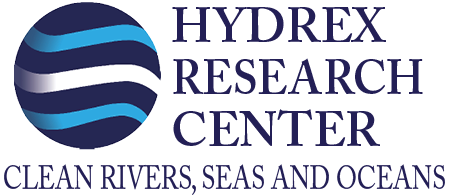
With our team of Technical University of Delft students, we provided new insights for the Schone Maaswaterketen – a collaboration between Rijkswaterstaat, the Ministry of Infrastructure and Water Management, Dutch water boards and water companies. Their goal is to make the Meuse basin cleaner by reducing pollution.






















